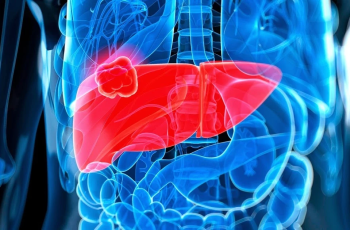Melissa Urban developed the Whole30 Diet in 2009. The Whole30 diet is based upon the principle of eating only unprocessed food. Dieters usually follow the diet plan for 30 consecutive days. The diet encourages the consumption of meat, fruits, vegetables, eggs, seafood and healthy fats. The diet does not allow dairy, soy products, grains, added sugars, or preservatives. The goal is to improve digestion and metabolism, and reduce cravings. Diet also claims to boost immune system functions. Patients are not required during the program to restrict or count calories and are encouraged to refrain from weighing themselves.
Whole30 is a popular diet that many people use to lose weight. Many people claim that it can help identify food allergies. Some people use a Whole30 keto combination meal plan. Many beginners use Whole30 frozen food or a cheap Whole30 menu plan to make the diet easier.
Dairy Products

Dairy products can often cause inflammation in the body. Sometimes they can make people feel bloated. Dairy products can also cause sinus infections or fatigue in those who are sensitive to them. These products can also worsen acne and other skin conditions. It is important to avoid all kinds of milk during the Whole30 program. It includes goat, cow and sheep milk. You must also eliminate cheese, sourcream, yogurt, kefir, and kefir.
If they don’t contain soy or carrageenan, individuals can drink dairy-free alternatives. To ensure they get enough calcium, patients may want to consume dairy-free products that are fortified with Calcium. Collard greens, sardines and other fish are also excellent calcium sources. If you are currently taking a calcium supplement, continue to do so during the Whole30 program. You may wish to discuss with your doctor the possibility of adjusting dosages while on the Whole30 program.
Continue reading to find out more about foods you should avoid when following the Whole30 diet.




